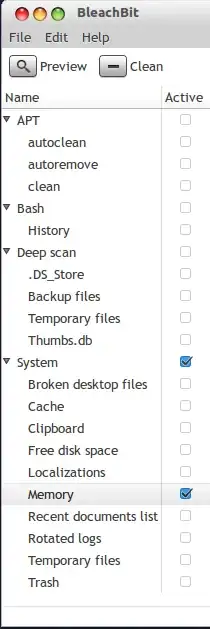After the system starts, in a few minutes my memory cache fills up and it starts using the swap. Here's a screenshot of /proc/meminfo.

However, if I can disable this process / clean the cache once after that, I think my system will speed up to some extent. Correct me if I am wrong here.
I have also tried Bleachbit memory cleaning, but it doesn't seem to clean the memory cache properly. Also, the feature is still in an experimental stage.

There was already a similar question posted here: How can I disable the prefetch cache?, but it was regarding Ubuntu Server, and also the answers involved manual settings etc.
So, I want to know if there's some software for disabling/enabling Memory Cache for Ubuntu 12.04.